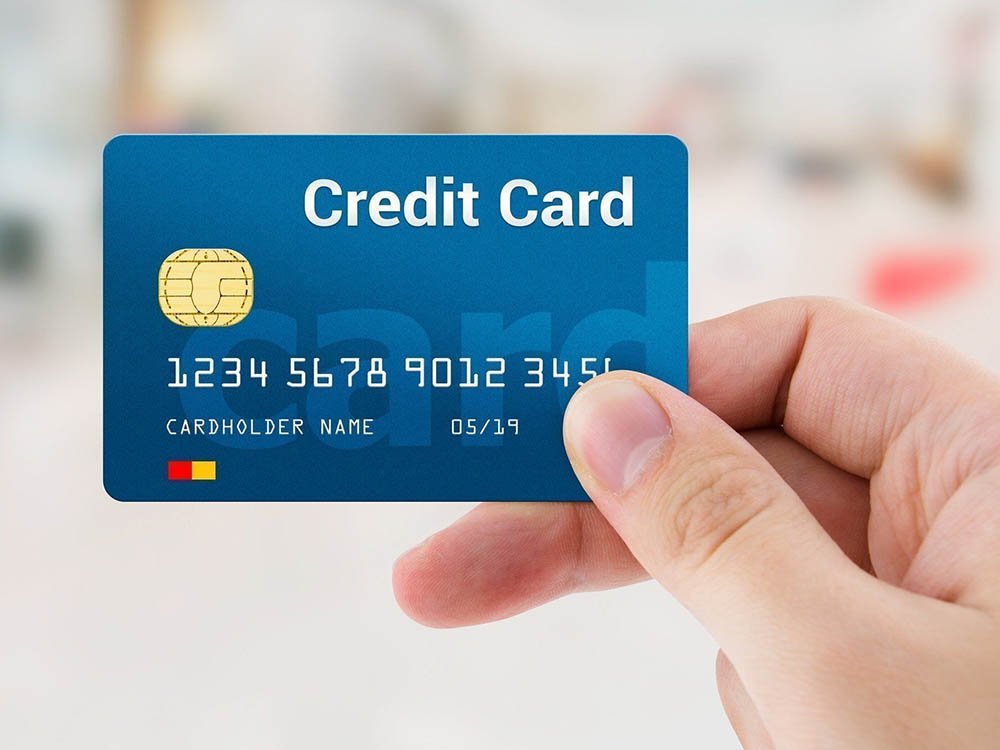The use of credit cards has revolutionized modern financial transactions and offers amazing convenience and flexibility for both businesses and consumers.
In this piece, we’ll be defining it, briefly discussing its history, importance, types, benefits, and making an effort to compare one type of credit card to another.
What is a Credit Card?
It is a payment system issued by financial institutions that allow individuals to buy and pay for services through a card system. It enables the consumer to use borrowed funds with an agreement to pay them back with interest at a later date. As you will discover on a site such as https://www.kredittkortinfo.no/hva-er-kredittkort/ one of the main advantage of this payment system is the flexibility and convenience it offers.
With these plastics – ie, credit cards, no immediate cash is needed, and it also provides a revolving line of credit. Most financial institutions provide zero liability protection for credit cards. This implies that when any unauthorized charges are made on the card, the cardholder will not be responsible for them.
Also, they come with some reward programs that the cardholder can redeem for a variety of benefits, such as statement credits, merchandise, or travel.
A Brief History of Credit Cards
Credit card history dates back to ancient civilization; however, its first modern introduction was in the 19th century. This was by Western Union, then known as the ‘Charga-Plate’. In 1950, the Diners Club was founded, which is credited with issuing the first modern card.
BankAmericard which was founded in 1958, pushed it to a larger consumer base, giving it widespread acceptability. By 1966, MasterCharge, later known as MasterCard, had issued a universal credit card system, which was also widely accepted.
Global standardization of the card’s operations started in the 1970s with both banks after they adopted franchising. BankAmericard later changed its name to Visa in 1976, becoming a major player with others in the international credit card market.
The Importance and Impact of Credit Card Systems
Credit cards have had a far-reaching impact on businesses and individuals. Let’s see how.
Convenience and Flexibility for Consumers
It provides a secure and convenient way to buy things without having to carry cash.
Spurring Economic Growth
It stimulates economic activity and drives demand for goods and services. This is possible because cardholders often tend to spend beyond their immediate means. Increasing consumer spending increases economic activity.
Also, by enhancing consumer spending, it boosts retail sales and stimulates businesses’ revenue streams.
Facilitating International Trade and Travel
It makes it easier for cross-border transactions and facilitates international trade and travel by providing a universally approved form of payment. It encourages tourism, fosters global connectivity, and makes international business operations easier.
Empowering Small Businesses and Startups
They provide business owners with a lifeline of capital for inventory, expansion, and operations. It is a veritable source for maintaining cash flow, especially during lean periods. These features increase users’ confidence in the system and expand its market reach.
Building Credit Histories and Scores
It helps individuals build positive credit scores and histories. It is used to determine one’s creditworthiness when seeking a financial facility such as a loan or mortgage.
Security and Fraud Protection
With the implementation of features such as EMV chip technology and tokenization, modern cards can are now equipped with advanced security features. This step greatly reduces the risk of fraud and unapproved transactions.
Data Insights for Financial Institutions
It generates a vast amount of transaction data, which financial institutions use to make informed decisions. Critical issues such as developing new financial products and designing marketing campaigns, etc. are valuable insights that could be provided from the data so gathered.
Different Types of Credit Cards
Different types are available, tailored to suit an assortment of needs and lifestyles.

Rewards
These cards permit individuals to earn points, miles, or cashback on eligible purchases. Different reward plans are available, such as rewards for some kinds of spending such as travel, groceries, and dining. Points earned can be redeemed for merchandise, gift cards, travel, or statement credits.
Cashback
In this type, cardholders can earn tangible benefits while making everyday purchases. The system allows a percentage of the users’ spending as cashback, which is normally credited to their account. This type is very popular because of its straightforward nature.
Travel
This type is essentially for frequent travellers. They get rewarded for the miles or points they accumulate for traveling and can redeem them for hotel stays, car rentals, etc. Some travel plans provide travel insurance coverage and airport lounges.
Balance Transfer
These plastics enable owners to transfer existing debt from one card to another with a lower or zero interest rate. This option is good for consolidating debt and encourages savings on interest payments during promotional periods.
Low-Interest
This type comes with lower annual percentage rates (APRs) than the standard one. They are suitable for users who tend to carry a balance, as it helps to save costs over time and comes at a reduced interest rate.
Secured
Here a collateral security deposit is required which is equal to the card’s limit. These options are for people with a low credit score or poor credit history. It allows them to rebuild their creditworthiness.
Comparison of Common Features
We shall attempt this comparison based on some of their common features for ease of understanding.
Eligibility
While travel and rewards cards are for individuals with excellent credit scores, secured cards are for people with poor credit scores.
Annual Fees
Cashback, balance transfer, and low-interest plastics are coming with low or no annual fees. Travel and rewards cards on the other hand are more likely to have annual fees. This is more so as they carry additional benefits.
Interest Rates
While reward and travel cards have higher APRs, secured cards may also have higher interest rates compared to unsecured cards.
Redemption Options
Cashback cards offer straightforward cashback rewards, while travel and rewards cards offer diverse redeemable options.
Foreign Transaction Fees
Apart from travel cards, others may have foreign transaction fees. This makes travel cards advantageous for travellers.
Conclusion
The credit card system has evolved from a convenience to a global financial tool, driven by technological advancement and consumer demand. It has become a major cornerstone in the global financial ecosystem, consumer spending, and business support system.
However, to maximize its benefits, it must be used responsibly to avoid debt accumulation. Different types exist tailored to meet specified target-use or clients.
A rounded understanding of the features, eligibility criteria, and benefits of each card will help individuals make the best choice that will suit their financial goals and lifestyle.
















